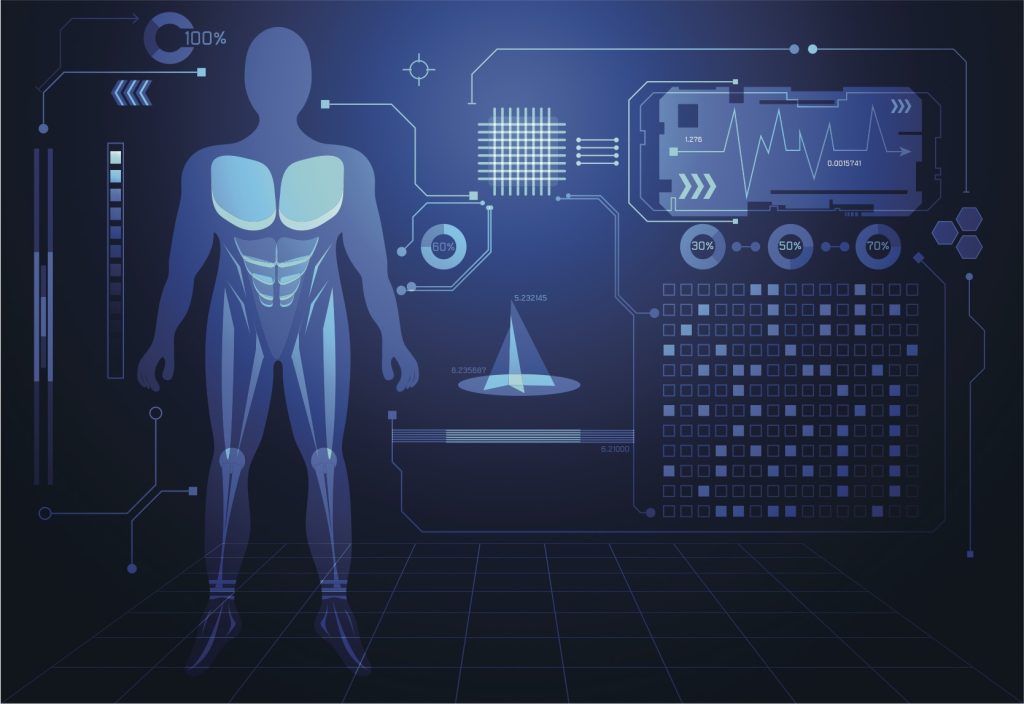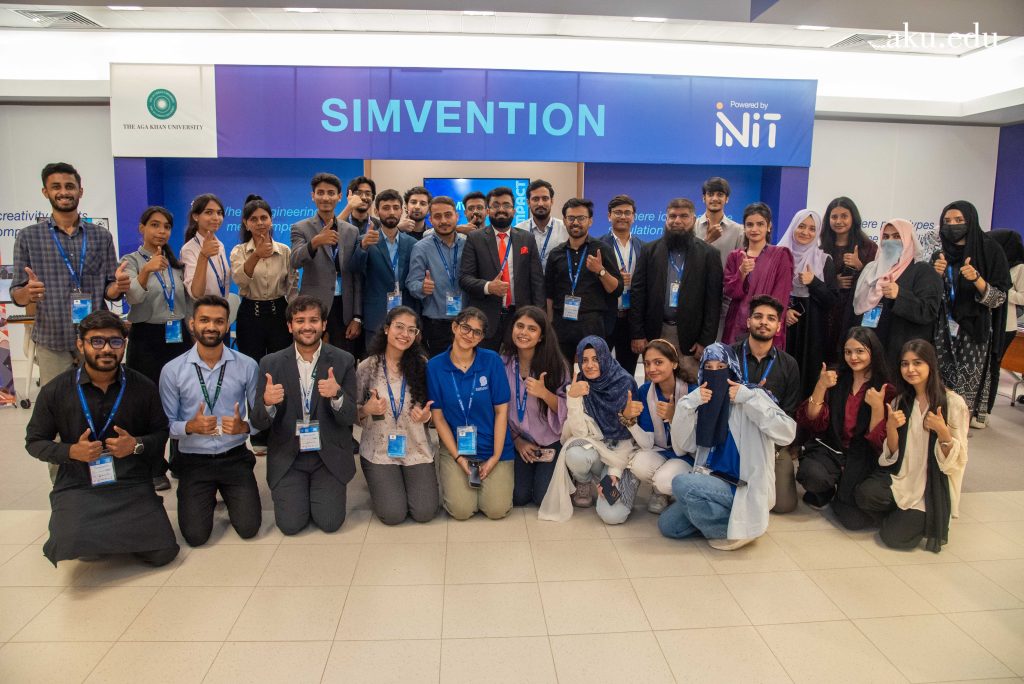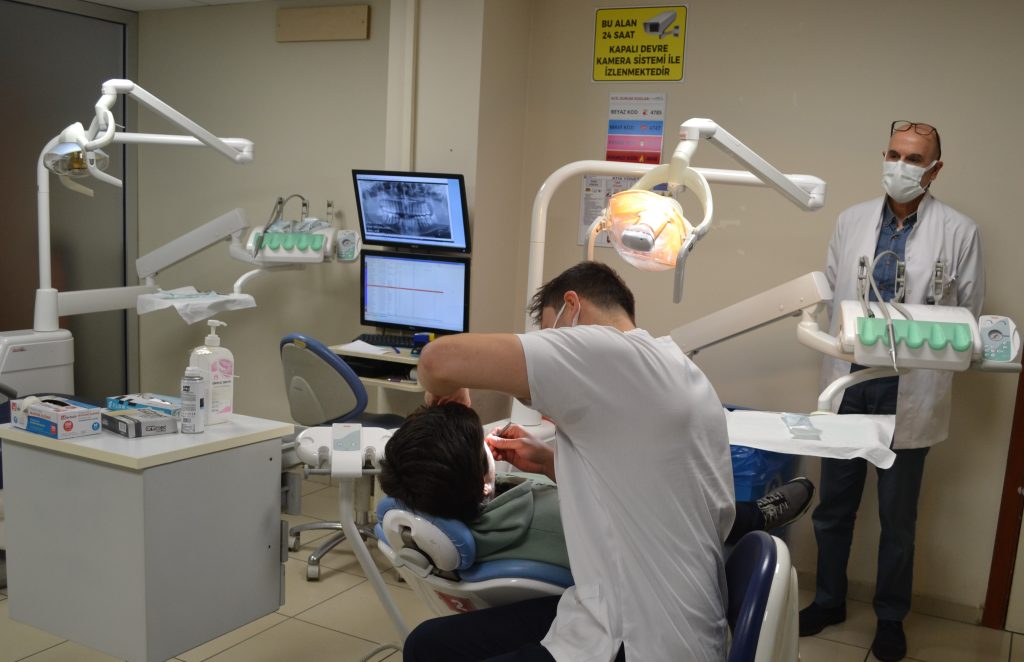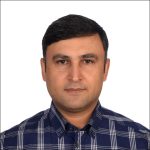We recently had the privilege of speaking with Murthy Nyasavajjala, founder and current President of the Society for Healthcare Simulation (SHS) India. In this insightful interview, Murthy shares his strategic vision for SHS and discusses the pivotal role of simulation in enhancing healthcare education across India.
We continue in our effort to explore and share the actions, views and ideas of leaders in professional and scientific simulation societies. Today we move to Asia and meet Murthy Nyasavajjala, founding President of the Society for Healthcare Simulation (SHS) India. Since its inception in 2019, SHS has emerged as a vital resource for healthcare educators and professionals across India, driving the advancement of simulation-based learning. Under Murthy’s leadership, SHS focuses on improving patient outcomes and safety through innovative training methods. In this interview, Murthy shares insights from his experience in healthcare simulation and discusses the future of SHS and its impact on medical education in India.
Hi Murthy, I appreciate you taking your time to join us. When did your journey begin with simulation?
My interest in medical simulation arises from recognizing the limitations of traditional education for healthcare professionals. Simulation merges learning with technology, allowing us to embrace mistakes as vital learning opportunities. It bridges theory and practice, offering immersive experiences without real-world consequences. Unlike traditional methods, simulation fosters technical mastery and cultivates empathy, resilience, and adaptability. Through reflection, participants unravel human behaviour complexities, contributing to ongoing improvements in patient care. I envision the future of medical simulation advancing with innovation and integration with emerging technologies, shaping healthcare training for excellence in patient care.
Can you describe for our readers what Society for Healthcare Simulation (SHS) India is and what it does?
Society for Healthcare Simulation (SHS) leads the progress of healthcare education through simulation-based learning, emphasizing innovation, collaboration, and research. Improves patient safety and outcomes via training, hosting yearly conferences, workshops, and research initiatives. Keeps healthcare professionals updated on simulation technology advancements through online resources and global educational efforts. Hosts monthly webinars with speakers representing various specialties and regions across India.

How did you decide to offer your services for the position of President of SHS India?
I decided to offer my services for the position of President of SHS India because of my passion for advancing healthcare education through simulation. Recognizing the immense potential of simulation-based learning to improve patient outcomes, I felt compelled to contribute my expertise and leadership to SHS India. Additionally, witnessing the impact of SHS on the healthcare community and its dedication to innovation and collaboration convinced me that this role aligned perfectly with my goals and aspirations in healthcare education. I saw an opportunity to make a meaningful difference in shaping the future of simulation education in India and was eager to take on the challenge of leading SHS towards further excellence in this field.
Based on your experience as president of SHS India, what is the role that a Scientific Society can play to support simulation development?
A Scientific Society can (a) provide a platform for all the healthcare educators to share knowledge and ideas on simulation-based learning; (b) disseminate recent advances in simulation teaching and learning by organizing conferences, workshops and webinars; (c) supports research activity in the field of simulation; (d) encourage educators to adopt to the newer technologies; and (f) offer feedback to the industry on improvement of manikins and simulators or design new products.
And how do you think industry can help in this process?
The industry can
- Design or Develop Learner-centric simulators.
- Can support academic events and conferences.

So, Murthy, what do you think are the most impactful services offered by the SHS India and which are the ones that are most utilized nationally?
The SHS organizes regular annual simulation conferences from 2019-2023, where international faculty members interact with delegates from all over India on current trends in simulation education.
Where do you see SHS India expanding or enhancing its programs and what do you see the Society doing in the next five to 10 years?
1.Regular networking meetings and events with other simulation centers and societies and engaging with institutes of higher learning.
2. Engage with international simulation societies for collaborative work and research.
3. Strengthen capacity building and create groups and committees for each category of simulation-based learning.
4. Traditionally simulation in India is mostly confined to clinical medicine; I wish to promote simulation-based learning in other disciplines of healthcare such as Nursing, Para-Medical, Physiotherapy, Dental.
Is there anything specific that SHS India members are asking for from the society?
1.Guidance on how to start simulation-based training in their own institutes.
2.There is demand for Faculty Development Programs.
Nowadays there is a lot of talk about artificial intelligence and its impact on education, including that of health professionals. In your opinion, how shall the physician or the nurse of the future be trained?
The future of medical education will incorporate AI-driven tools for personalized learning, virtual simulations for hands-on training, and real-time data analysis to enhance decision-making skills. Physicians and nurses will receive training that emphasizes interdisciplinary collaboration, adaptability to technological advancements, and a strong focus on patient-centered care. Additionally, there will be a greater emphasis on continuous learning and professional development to keep pace with rapidly evolving healthcare technologies and practices.

Murthy, I also want to ask about advocacy. Where do you see the SHS India or what do you see it addressing in the ensuing years?
SHS will continue to promote simulation-based healthcare education and its adoption and utilization by all healthcare institutes, to build clinical competencies in every healthcare professional and encourage patient safety in every level of the healthcare system.
How important do you think accreditation, certification, credentialing, and standardization are for development of the healthcare simulation sector?
Accreditation, certification, credentialing, and standardization play crucial roles in the development of the healthcare simulation sector. They ensure that simulation programs meet high-quality standards, provide accurate and effective training, and maintain consistency across institutions. Accreditation signifies that a simulation program meets established criteria for educational excellence, while certification and credentialing validate individuals’ proficiency in simulation-based training. Standardization helps to ensure interoperability of simulation technologies and promotes best practices in simulation education. Overall, these mechanisms are essential for promoting quality assurance, advancing professionalism, and fostering innovation in healthcare simulation.
When and where will your next national conference be?
SIMULCON INDIA 2024, our next annual simulation conference will be held at GSL MEDICAL COLLEGE, Rajahmundry on November 7th – 9th 2024.

One important lesson that you learned in your tenure that you wish someone had told you when you first started?
I took over the Presidency of the society at its infancy. Building a scientific society in an upcoming discipline presented a lot of challenges. Building a membership base by providing value took a lot of hard work.
So to end, what do you plan to do after your term as President of the SHS India?
I don’t intend to break my links with SHS, I’ll continue to serve on the board of Society and mentor and motivate young simulation educators. Drawing from my experience as President of SHS I’ll be open to share my knowledge and experience with guest lectures and keynote speeches on international platforms.
Thank you, Murthy, for participating in this interview. I wish you a good job
READ ALSO












































